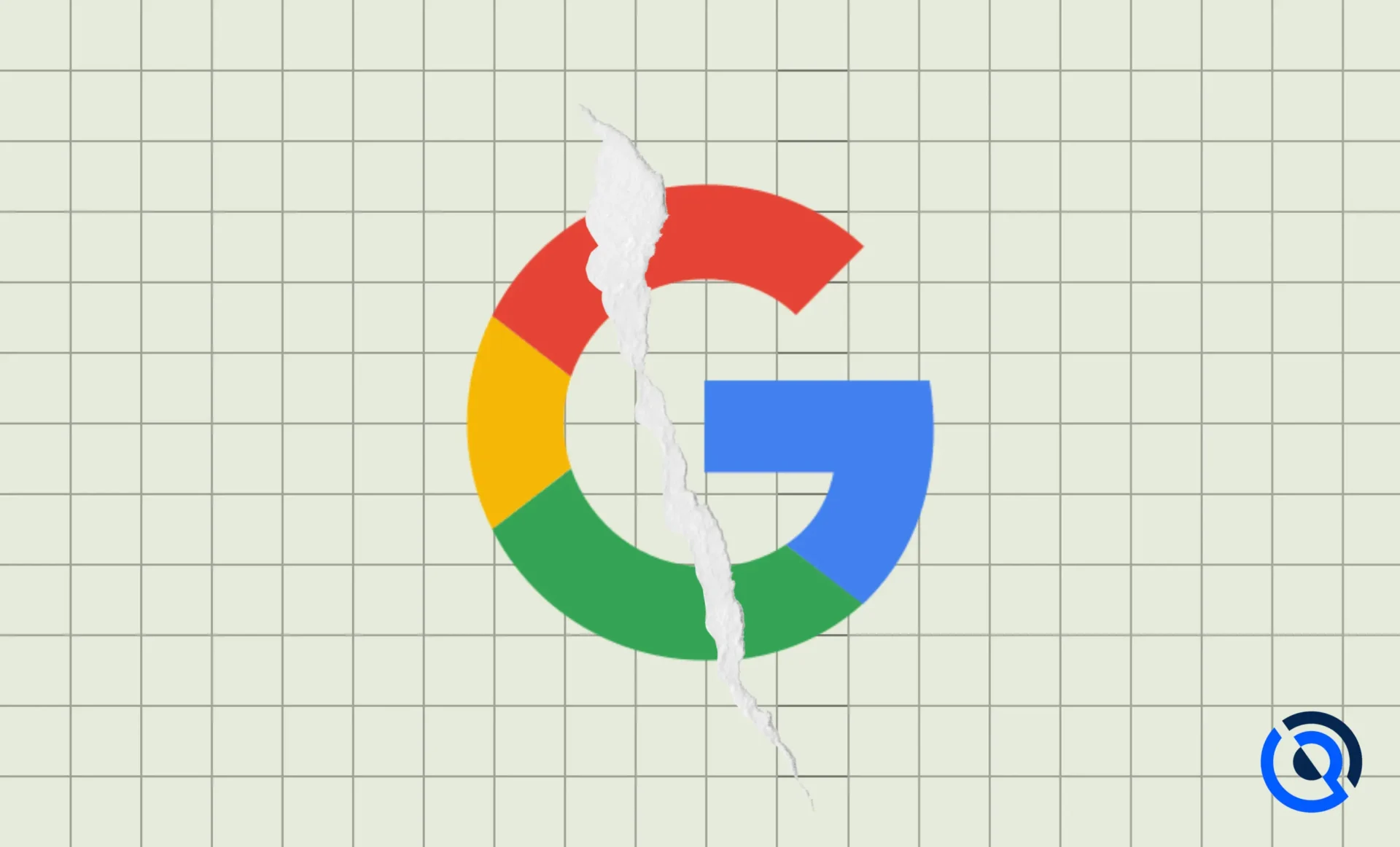Federal officials are currently evaluating whether to recommend breaking up parts of Google following a recent court ruling on antitrust violations. The Department of Justice has said it will be submitting its proposals next week to Judge Amit Mehta, who ruled earlier this year that Google had unfairly monopolized the internet search market.
A recent ruling made by Judge Mehta stated that Google had acted unlawfully by engaging in anti-compete practices, including paying through agreements that ensure that the companies advertise Google’s search engine.
DOJ explores various remedies to address competition concerns
The DOJ may propose several remedies to the antitrust issues raised in the complaint. This includes compelling Google to share its data with other firms, according to sources. One of the other actions can be to restrict the possible search for a legal solution for special contracts concluded by Google with technological companies like Apple for the inclusion of the Google search engine in their technologies. These agreements have helped Google to continue monopolizing most of the search engine markets around the world.
Also, the DOJ may propose steps to avoid the formation of Google’s dominance in the artificial intelligence sector. The court also noted Google’s dominance in search ads that are sold through Google Ads (formerly AdWords). This platform contributes to Google’s revenue to a large extent, emphasizing the company’s dominance in digital advertising.
DOJ continues to weigh options while Google defends its position
Both the DOJ and Google are required to provide their proposed strategies for eradicating the power imbalance by September 4. The next hearing is to be held on September 6th, during which Judge Mehta will deliberate on the recommendations made by both parties and make additional decisions in relation to the case. A DOJ official noted that the recommendations have not been directed, and there is no finality to the recommendations.
Google’s legal team has, however, come up with an explanation that the success of the company is not a result of monopoly but of the provision of quality products. They have also argued that the comparisons should be widened to other search giants such as Amazon, which also derives benefits from web traffic.
The decision of the Justice Department will, in the end, have to be signed off by Judge Mehta. If the breakup goes through, it will be one of the biggest enforcement actions against a US tech company in decades. Alphabet’s stock fell by as much as 2.5% after the ruling but managed to bounce back slightly. Google has said that it will appeal the judgment of Mehta.
Meanwhile, the development comes as OpenAI recently launched a new AI search platform called SearchGPT that focuses on real-time conversational search, which many speculate to become a major competitor for Google on the internet search market.




